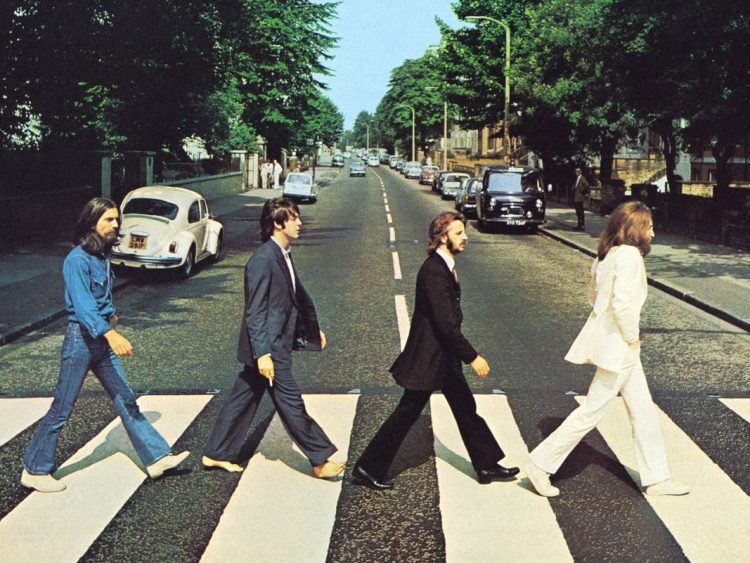A legendary recording console used on the Beatles’ last recorded album, Abbey Road, has been beautifully restored and will soon be available for purchase on Reverb. It will be sold at a fixed price, though interested buyers can submit offers for the unit.
The EMI TG1234 recording console will be available through the official Reverb shop of London’s recording studio experts, MJQ Ltd, starting 29 October (7 AM CST), with fans able to preview the console on Reverb beginning today.
Custom-built for EMI Studios in 1968, the console was the first of just 17 consoles worldwide made by EMI. It was used the following year to record Abbey Road — the Fab Four’s last-ever recorded album before their breakup in 1970.
“Abbey Road is one of the best albums that’s ever been made, and it sounds so good because of this recording console,” says engineer Dave Harries, who participated in numerous Beatles studio sessions with the console in the 60s. “Because of the way that Abbey Road was recorded, the album has a distinctive sound that hallmarked the future of pop recording.”
Following the recording of Abbey Road, all four Beatles would go on to use the recording console for solo projects, including John Lennon’s standout single Instant Karma! Albums ranging from Lennon’s John Lennon/Plastic Ono Band and Paul McCartney’s McCartney, to George Harrison’s All Things Must Pass and Ringo Starr’s Sentimental Journey were all recorded with the help of the TG1234.
According to Harries, Harrison was so impressed by the console’s sound that he asked EMI if he could buy one for himself, only to be turned down out of fear that the console would be replicated and sold to one of their competitors.
“This particular console is a one-off. It’s unique. You can’t replace it,” Harries adds. “It sounds so good that it holds up against any modern console and, in many respects, it’s probably better. Because in those days, it was built to a different standard, cost no object. EMI built this to be the best in the world.”
Mike Hedges, acclaimed producer and engineer known for his work with The Cure, U2, and more, says of the TG1234: “If you talk to the engineers who have used it, they’ll tell you the same thing: It’s a beautiful sounding machine… it enhances everything that goes through it.”
As the principal client in studio 2 at Abbey Road Studios throughout the ‘80s, Hedges even “once threatened to stop working at Abbey Studios after being told that they planned to switch from EMI to a different brand of consoles.”
After being disassembled and sitting unused for more than five decades, the recording console underwent a five-year restoration process led by Beatles collaborator and former EMI engineer Brian Gibson. Along with a team of audio engineers and technicians, Gibson successfully reunited the console with 70% of its original parts, working with expert British companies to reproduce the replacement components that seamlessly integrated with the older parts. After years of work, Gibson and his team restored the console to nearly its original condition from when it was at EMI Studios (now known as Abbey Road Studios).
According to Hedges, the console hadn’t been used since the Beatles’ solo sessions in the ‘70s until this autumn, when Reverb gathered artists and engineers at the former home of London’s celebrated Decca Studios to put the recording console to the test ahead of its sale.
Head to Reverb to learn more and sign up to be notified when the recording console goes live.






